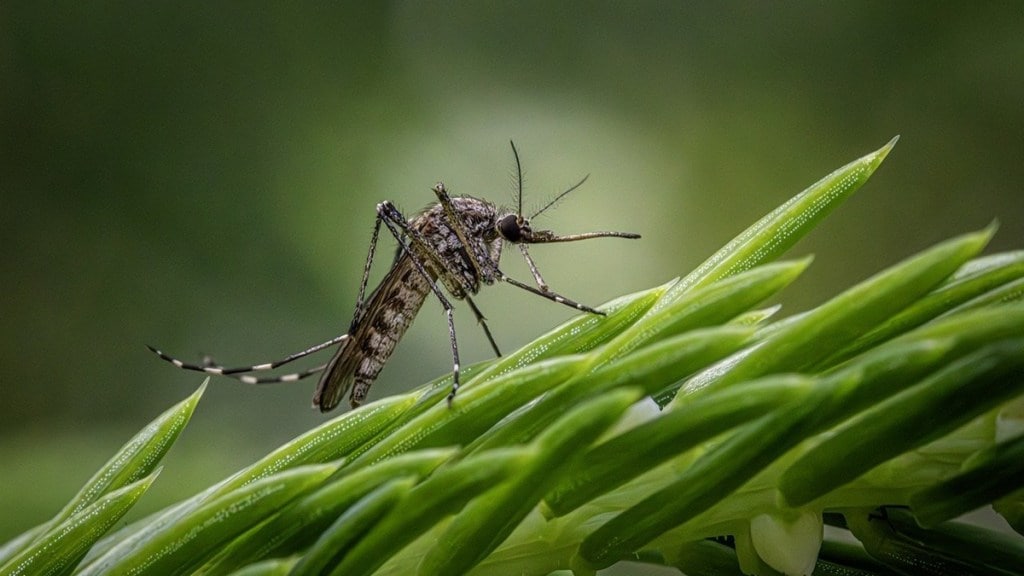Lucknow Dengue Outbreak: As mosquito-borne disease continues to wreak havoc in India, Lucknow has reported 61 new active dengue cases and 4 new malaria cases in the past 24 hours.
According to a report by HT, 12 houses were identified during a field visit by the city malaria unit on Sunday and 14 on Saturday as being at risk for larva breeding, and notices will be issued to them soon.
Reportedly, the fresh cases of dengue and malaria have brought up the year’s count to 779 and 425 cases of dengue and malaria respectively since January 1, 2024.
Dengue outbreak in Lucknow: Here are all the latest developments
- The dengue cases were reported from Indiranagar, Chandernagar, Aliganj, NK Road, Tudiyaganj, Bakshi Ka Talab, Itaunja, Red Cross, Silver Jubilee, Chinhat, Gosaiganj, Sarojninagar, and Aishbagh.
- Malaria cases were reported from Aliganj, NK Road, and Chandernagar.
- On Sunday, the CMO’s malaria unit surveyed and inspected 1400 houses, assessing their conditions.
- The officials also promoted awareness about preventative measures for vector-borne diseases this season.
- Residents were advised to clear out stagnant water in containers, flower pots, and other outdoor objects, which are common breeding grounds for mosquitoes.
Dengue outbreak in Lucknow: What are the symptoms?
According to Mayo Clinic, dengue fever causes a high fever — 104 F (40 C) — and any of the following signs and symptoms:
- Headache
- Muscle, bone or joint pain
- Nausea
- Vomiting
- Pain behind the eyes
- Swollen glands
- Rash
Dengue outbreak in Lucknow: How dengue is treated?
Currently, there is no specific treatment for dengue fever. While recovering from dengue fever, drink plenty of fluids. Call your doctor right away if you have any of the following signs and symptoms of dehydration:
- Decreased urination
- Few or no tears
- Dry mouth or lips
- Lethargy or confusion
- Cold or clammy extremities
According to Mayo Clinic, the over-the-counter (OTC) drug acetaminophen (Tylenol, others) can help reduce muscle pain and fever. But if you have dengue fever, you should avoid other OTC pain relievers, including aspirin, ibuprofen (Advil, Motrin IB, others) and naproxen sodium (Aleve). These pain relievers can increase the risk of dengue fever bleeding complications.
